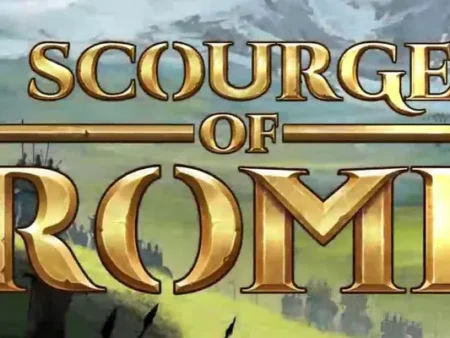California’s lawmakers will reconvene on Monday. Yet, the Hawaiian Gardens cardroom is opposing Proposition 26 as it will limit the variety of games it provides players.
California Cardrooms and Native American Tribes Extend Their Gaming Dispute


California’s lawmakers will reconvene on Monday. Yet, the Hawaiian Gardens cardroom is opposing Proposition 26 as it will limit the variety of games it provides players. It resembles California Senate Bill (SB) 549, which got defeated.
Even so, California cardrooms and Native American tribes have had a long dispute. Reports show that the state’s legislature will soon start discussing a gaming bill that will allow the tribes to file civil cases against local cardrooms.
SB 549 gives the Native tribes a three-month timeframe next year to sue the cardrooms. Still, voters opposed that action in 2022 after turning down Proposition 26.
The Senate passed SB 549 several weeks ago as an “education measure.” Senator Josh Newman (D-Fullerton) authored it and substituted Prop. 26’s language, hence reigniting the old feud between cardrooms and the tribes.
Native tribes that operate casinos in California are accusing cardrooms of trespassing on their tribal territory by offering blackjack and other casino games. Prop. 26 sought to give the state’s Attorney General the mandate to track casino operators who contravene gaming regulations. Besides, if they didn’t act, it would allow tribal gaming venues to act as private parties when filing civic action.
Cardrooms claim that such a move would shut them down. Statistics state that California cardrooms are worth more than $6 billion. The California Gaming Association adds that the poker rooms have hired tens of thousands of workers.
Some gaming analysts believe that the ongoing dispute is funded with millions of dollars. The Native tribes are key participants in local politics. Yet, they are fighting with a relatively small Los Angeles County cardroom which has spent over $5 million to shoot down SB 549.
What Is San Jose Officials’ Reaction?
San Jose’s officials aren’t relenting on opposing SB 549. They claim that giving Native tribes a chance to sue cardrooms because of their games will significantly reduce the tax which cities get from operators. Besides, it will gradually make cardrooms obsolete.
Sarah Zarate, San Jose’s Policy and Government Relations Director, wrote in a letter in June that such lawsuits will make over ten cities lose millions of dollars in taxes and make thousands of cardroom workers lose their jobs.
The California Gaming Association disclosed that the two cardrooms in San Jose have hired over 2,000 workers. The state’s gaming law allows tribal casinos to install slot machines and prohibits cardrooms from offering them.
Cardrooms allow gamblers to wager against a third party or other players where “house money” isn’t used. But tribes argue that offering wagers on player-dealer games will allow poker rooms get around the state’s gambling monopoly.
The law doesn’t allow tribes to challenge the cardroom’s legality in court. Newman states that his proposed constitutional amendment won’t influence the court’s ruling on such cases. Instead, it will urge judges to solve the feud on whether some of the cardroom’s-controlled games infringe the tribes’ gaming rights and if they are unlawful card games.
Governor Gavin Newsom’s Gaming Decision
California’s Governor, Gavin Newsom (D), signed a bill in May 2023 which created a moratorium and offered cardrooms gaming licenses for two decades. The legislation revived the gaming moratorium with the Gambling Control Act (GCA) of 1997 first established.
It prevented the establishment of new cardrooms and limited existing rooms’ expansion. But it expired on January 1, 2023.
Rumors claim that Newsom will vie for the presidential seat. But he hasn’t announced the bid yet.
The Governor disagrees with Florida Governor Ron DeSantis (R) on certain issues. But the latter is using a Republican ticket to run for president.
Last Updated on by Ryan













